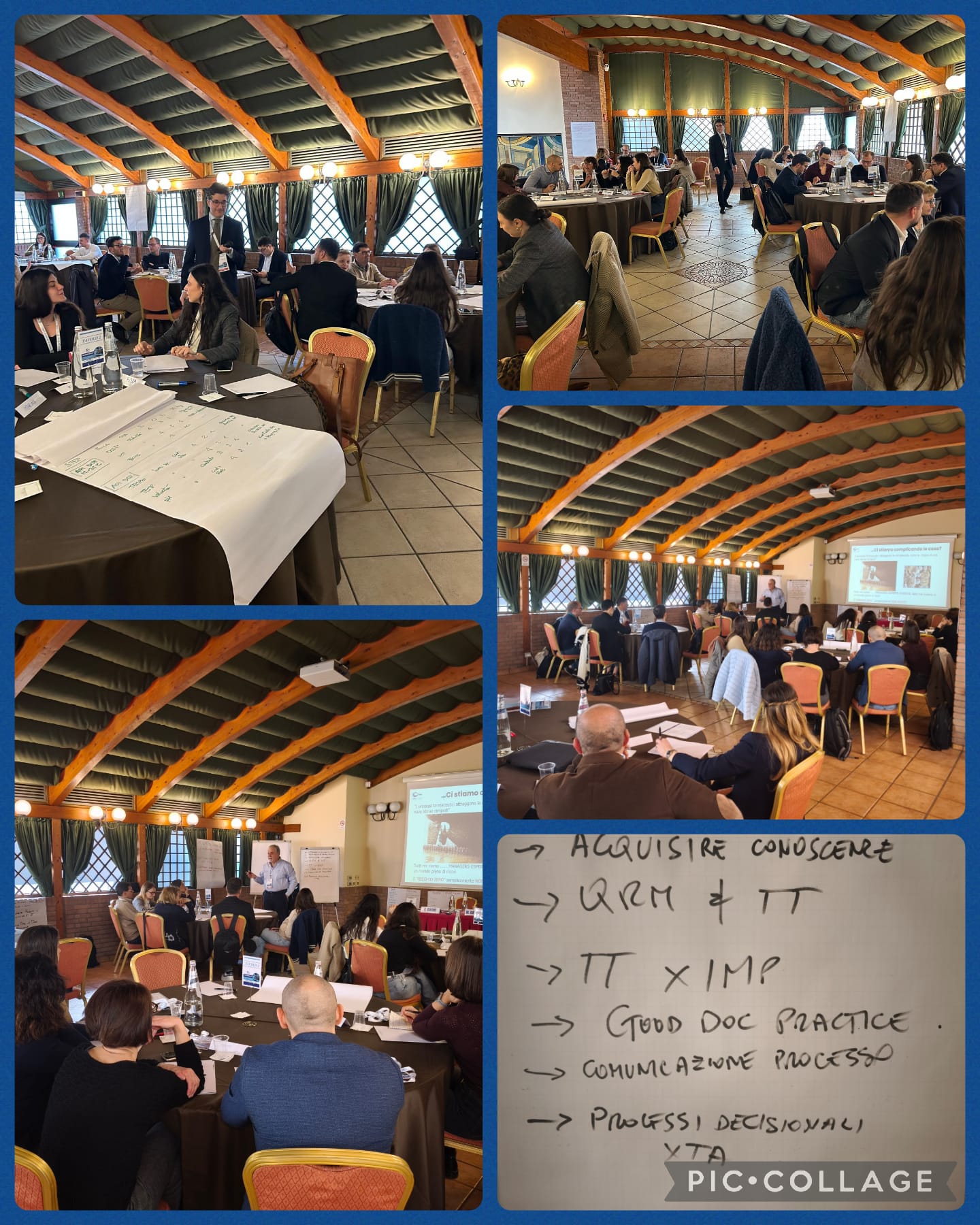Group exercises and case study discussions encouraged attendees to work together, simulate real-world TT challenges, and brainstorm innovative solutions. This hands-on approach made the learning process both dynamic and enjoyable.
On March 25, Milan became the epicenter of knowledge sharing and professional growth as 30 industry experts gathered for an immersive workshop on Technology Transfer (TT) in the pharmaceutical sector. Hosted by New Aura Meeting, this event provided a platform to discuss key challenges, share best practices, and engage in hands-on collaboration to improve TT processes across the industry.
Hot Topics That Sparked Insightful Discussions
The workshop covered a range of critical topics that are shaping the future of technology transfer in pharma. Some of the key themes included:
- Regulatory Compliance & Risk Management – Understanding the evolving landscape of regulatory expectations and ensuring compliance during the transfer process.
- Analytical Transfer – Addressing the challenges of transferring analytical methods to ensure consistency, accuracy, and regulatory adherence.
- Cross-Functional Communication – Exploring strategies to enhance collaboration between R&D, quality, manufacturing, and regulatory teams.
- Quality by Design (QbD) – Discussing how a structured approach to development can enhance efficiency, robustness, and regulatory success in technology transfer.
- Best Practices & Case Studies – Learning from real-world success stories to identify pitfalls and key success factors.
Each of these discussions was highly interactive, with attendees sharing their experiences and challenges. The workshop wasn’t just about theory—it was about applying knowledge to real industry scenarios, making it a truly valuable learning experience.
Engagement, Questions, and a Team Spirit
One of the standout aspects of the event was the high level of interaction. Participants actively engaged with speakers, asking insightful questions and challenging conventional approaches. This vibrant exchange of ideas highlighted the importance of continuous learning and adaptation in technology transfer.
Beyond the technical discussions, the workshop also fostered a strong sense of teamwork and collaboration. Group exercises and case study discussions encouraged attendees to work together, simulate real-world TT challenges, and brainstorm innovative solutions. This hands-on approach made the learning process both dynamic and enjoyable.
Why Training in Technology Transfer Matters
Technology transfer is at the core of pharmaceutical innovation, ensuring that cutting-edge research is successfully translated into large-scale production that meets quality, safety, and regulatory standards. As the industry evolves, TT professionals must stay ahead of the curve by continually enhancing their knowledge and skill sets.
Workshops like this empower professionals to navigate the complexities of TT, avoid costly mistakes, and streamline processes to bring therapies to market faster. The knowledge gained doesn’t just benefit individual participants—it has a ripple effect on organizations, patients, and the industry as a whole.
Looking Ahead
The success of this Milan workshop reaffirms the need for more hands-on training and collaborative learning opportunities in technology transfer. As we continue to face new challenges and opportunities in pharma, staying connected, sharing expertise, and fostering a culture of innovation will be key to driving progress.
A huge thank you to all who attended, engaged, and made this workshop an unforgettable experience. Let’s keep the momentum going—because technology transfer isn’t just a process, it’s a commitment to progress, quality, and patient impact.



